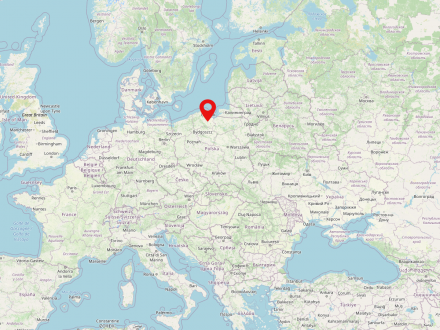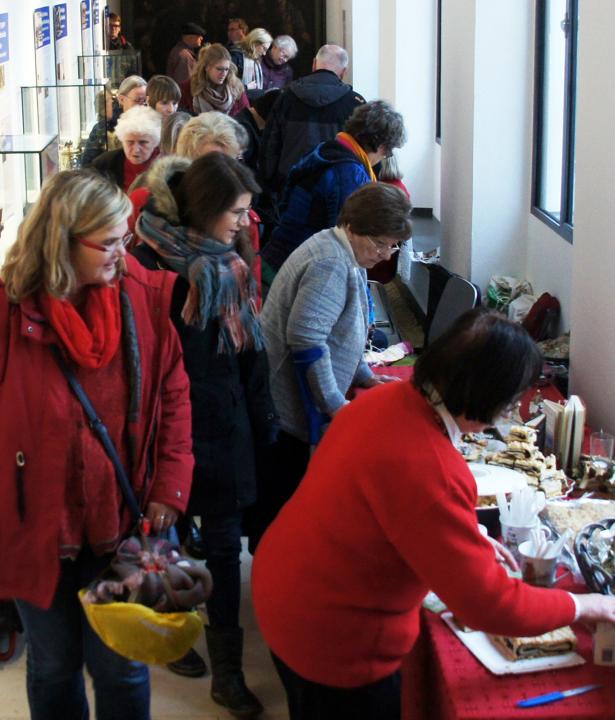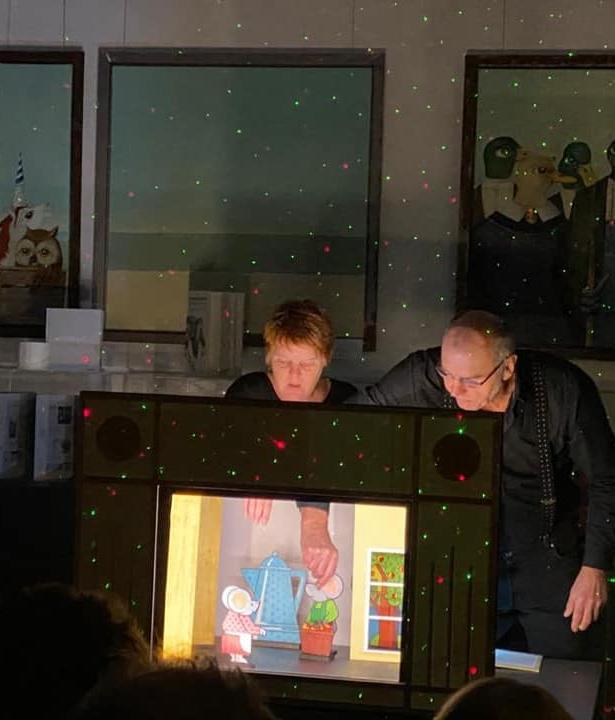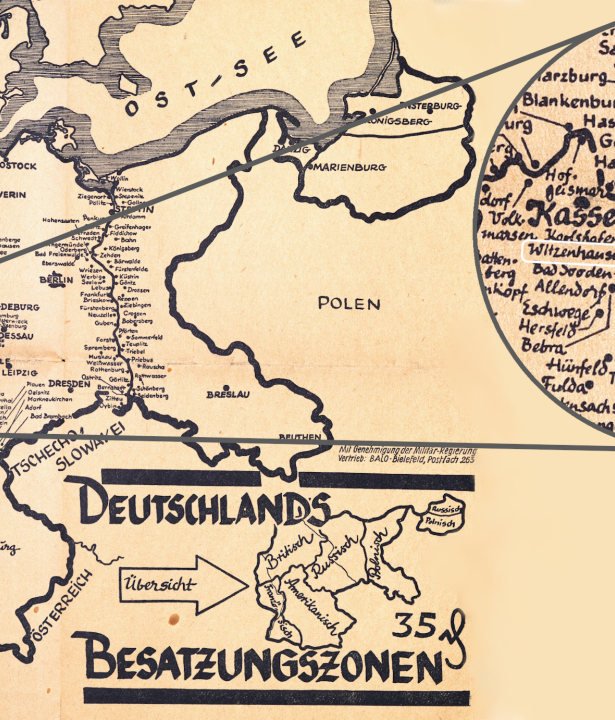West Prussia is a historical region in present-day northern Poland. The region fell to Prussia as a result of the first partition of Poland-Lithuania in 1772 and received its name from the province of the same name formed by Frederick II in 1775, which also included parts of the historical landscapes of Greater Poland, Pomerania, Pomesania and Kulmerland. The Prussian province lasted in changing borders until the early 20th century. After World War I, parts fell to the Second Polish Republic, founded in 1918. The largest cities in West Prussia include Gdansk (Polish: Gdańsk, today Pomeranian Voivodeship), Elbląg (Polish: Elbląg, today Warmia-Masuria Voivodeship), and Thorn (Polish: Toruń, today Kujawsko-Pomeranian Voivodeship).










